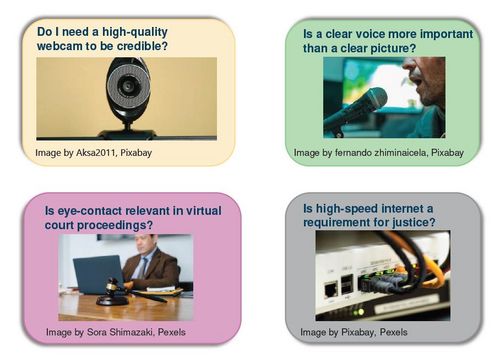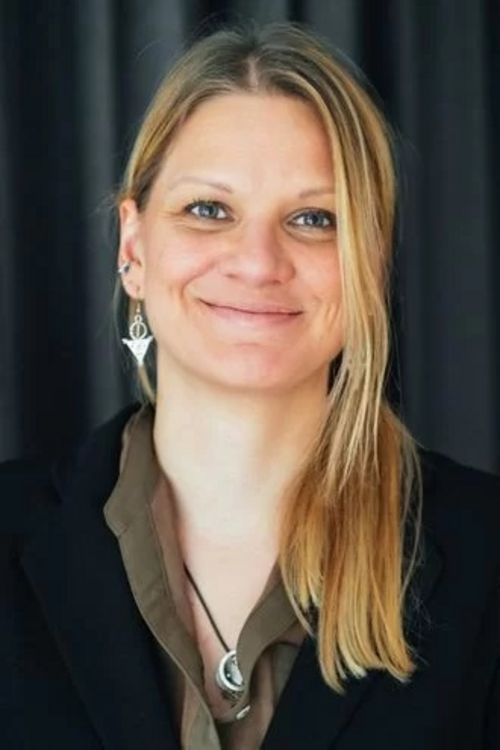Prompted by the COVID-19 pandemic, the demand for virtual court proceedings is continuously increasing.
Whereas the use of video technology has clear advantages, legal scholars and practitioners are concerned that important information needed for evidence evaluation and credibility judgements is simply lost in video communication, which could potentially jeopardize fair and legally sound proceedings.
Project Details
Seed Project
Project Leader
Susanne Schmittat
Call
10/2021
For instance, a witness’ body language is not visible when only the face is displayed in the video, transmission delays may make it difficult to attribute emotional reactions, or crackling microphones may be distracting. Whereas some laws exist concerning the implementation of video-mediated communication (VMC), guidelines about the technical aspects (e.g., camera perspective, lighting) are neither legally binding nor has it been studied if these technical aspects are compatible with relevant principles of constitutional procedures, or if they change the cognitive mechanisms involved in legal decision-making.

Therefore, this interdisciplinary project will first analyze the legal basis for VMC in the major sections of legal procedure in Austria (administrative jurisdiction and procedure, civil and criminal procedures). Subsequently, six psychological studies will investigate if certain technological settings (video/audio quality, internet connection, lighting, background, video frame) impact legal decisionmaking. For this purpose, multiple videos will be created. While the content will be identical, technical aspects will be manipulated in the production or post-production phase. This approach allows for systematic analyses of the key technological aspects of VMC. The results will then be integrated into legal recommendations and technical guidelines, including the minimum requirements for technical equipment.
Susanne Schmittat received her PhD in psychology from the University of Cologne with the title "If you Judge, Investigate! Effects of Legal Expertise and (False) Confessions on Confirmatory Information Processing in Judicial Decision Making” in 2014. Since 2015, she has been strengthening the Department of Criminal Law and Legal Psychology at the JKU. She is also an expert witness at the Association of Scientific Legal Psychology in Munich. We are looking forward to her habilitation, which is planned for this year.
